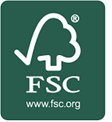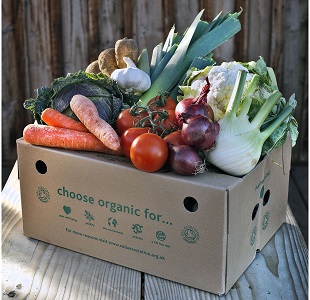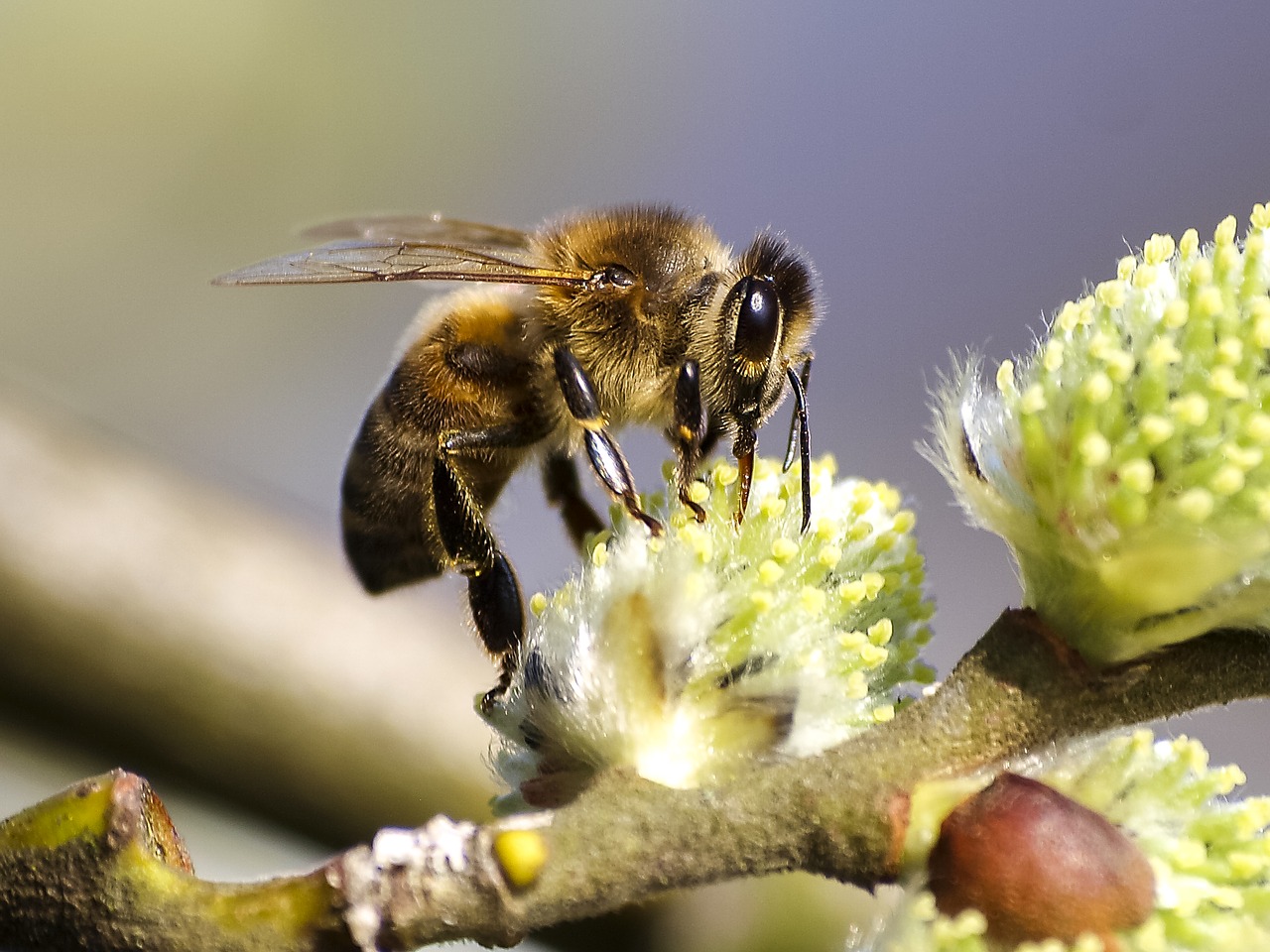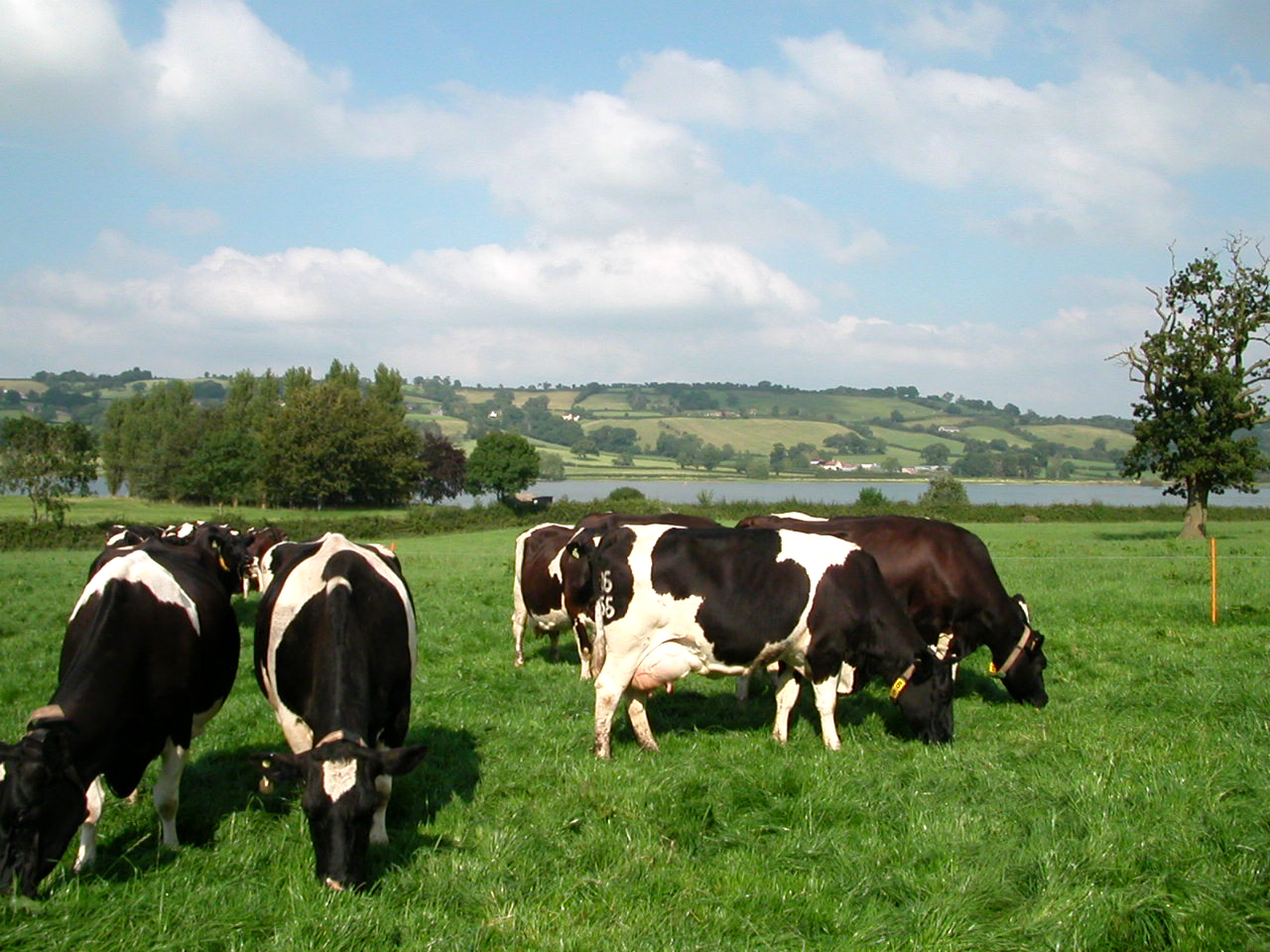Why we need to support biodiversity and the environment, how your business can help.
Objective 10 of the Bristol Eating Better Award outlines 5 actions you can do to support biodiversity and the environment.
For more detailed guidance about the actions see the
pdf
guidance document(904 KB)
.
The ecological emergency
In February 2020, Bristol declared an ecological emergency in response to the decline in wildlife in Bristol, also seen on a global scale. The decline is caused by human activity, including:
- deforestation and habitat loss
- climate change
- intensive agriculture and use of pesticides
- unsustainable demand for resources
- pollution
There is also growing concern about what's in our food. For example, many of us would prefer to eat food without pesticide residues.
Source products that support biodiversity and the environment
Look out for labels and accredited schemes so that you can make more informed choices about the products you're buying.
Buy organic
This is one of the easiest ways to ensure a product or ingredient is made in a way that's better for people, animals and wildlife, and respects the natural environment. Look out for the following organic standards logos:

Choose sustainable palm oil
Current recognised sustainability schemes include:
- Certified Sustainable Palm Oil (CSPO)
- RSPO NEXT set by the Roundtable on Sustainable Palm Oil (RSPO)
You cannot always avoid palm oil completely, but you can choose palm oil that's produced in a sustainable way that:
- protects the environment
- safeguards biodiversity
- benefits people
Look out for this logo:

Use sustainable forestry products
For wooden or paper products (such as stirrers, cutlery, napkins and paper) look for certified sustainable sources such as the Forest Stewardship Council (FSC), or make sure the products are made using recycled materials.

Avoid genetically modified foods
The process of genetic modification (GM) is not supported by the worldwide organic movement because of the:
- potential risks to human health and the environment
- social and economic impacts of the technology, particularly on smallholder farmers in developing countries
Read about the Soil Association's position on GM crops Go to https://www.soilassociation.org/causes-campaigns/stop-genetic-modification/ (opens new window).
Cook with cleaner fuels
Cooking with lower smoke fuels such as biogas, electricity, LPG, ethanol and natural gas (instead of solid cooking fuels such as wood and coal) supports a cleaner environment and reduces emissions of particulate matter which can be harmful to human health.
Hints and tips to support biodiversity and the environment
- Learn what the different certification labels and standards mean and look out for these when you place orders with suppliers.
- Buy as much organic produce as you can.
- Only buy palm oil as an ingredient or in products if it's from a certified sustainable source.
- Tell your customers what standards you're meeting to encourage them to look out for the same.
- Switch to cooking with cleaner fuels with lower smoke emissions.
- If your business has access to an outdoor area, make some space for nature by growing pollinator friendly plants in pots, planters or hanging baskets.
Page last reviewed: 5 October 2022





